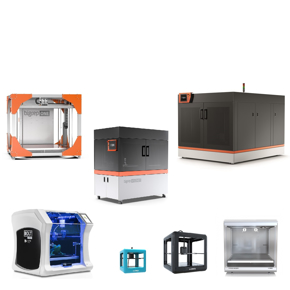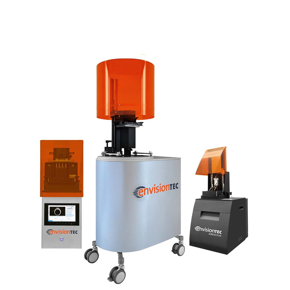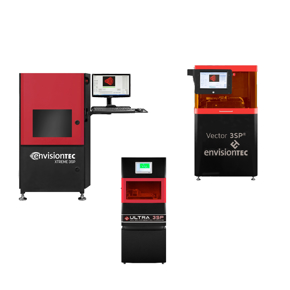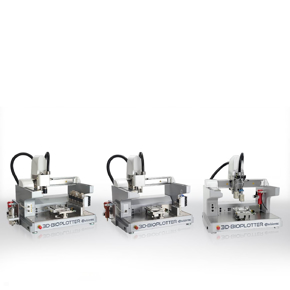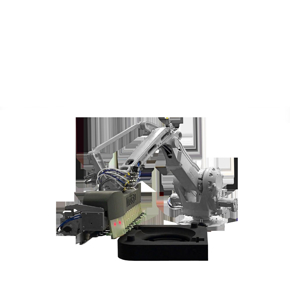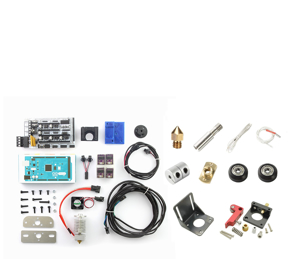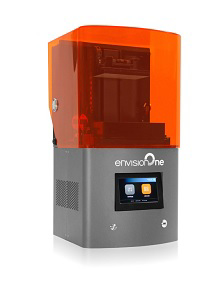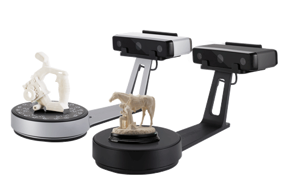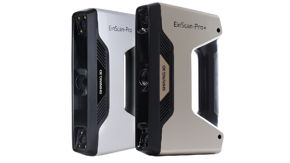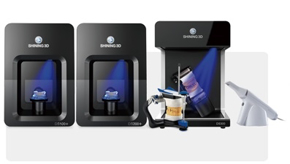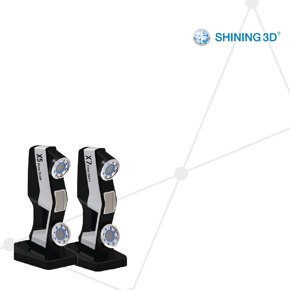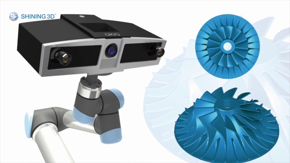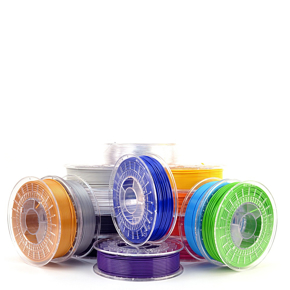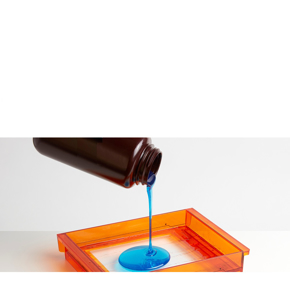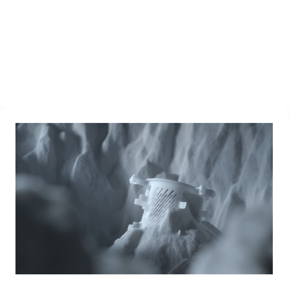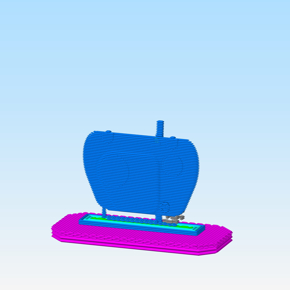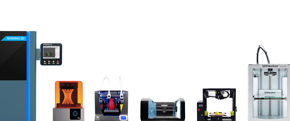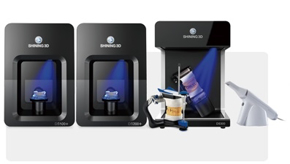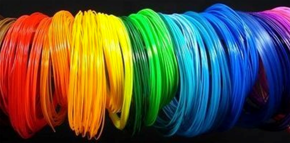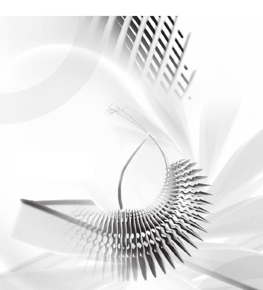3d printing with metal on your own desktop 3d printer! This amazing one of a kind filament will allow you to print with actual bronze at home! Straight from the printer parts look almost laser sintered with a matte finish.
With a bit of sanding and polishing the bronze particles will start to shine and shimmer unlike any 3d printing filament you have seen before. The weight of the material is something special, about 3 times heavier then our regular PLA/PHA.
Now you can make jewelry that won’t feel like cheap lightweight plastic parts.
Adviced 3d printing temperature:
195-220C*
Adviced 3d print speed:
40 - 100 mm/s
Advised Heated bed (if you have one, not strictly necessary)
50-60C
TIP! Depending on your set-up, 3d printer and slice software, you might see that bronzeFill needs a bit more flow compared to your normal PLA settings. Most plastics will show die swell when coming out of the nozzle tip, this is counteracted with specific slicer settings. Since bronzeFill doesn’t show a die swell such as PLA you might need to increase flow rate a bit, 4-8% was perfect for our UM2. UM original did not need any adjustments.
TIP! Sanding and polishing your parts will make the bronze particles shine. Start sanding with grit 120-180 and make sure all the printed lines vanish. You’ll notice that because bronzeFill is easy to sand down, careful you won’t loose too much detail. Then start working your way up by following with grit 240-320 and finishing off with grit 600 - or higher. Finally we used a clean soft cloth and some copper polish to really get all of the shine out of the bronze particles.
General Tips
Build platform
Our PLA/PHA compound performs well on both heated and non-heated build platforms. For those users printing on a cold build platform we advise applying masking tape to the build area. The rough surface of the tape will provide enough adhesion for the first layer to stick and print almost without any warping.
Users using heated build platforms have quite a few options these days. The usual suspects are glass and aluminum build plates. For directly printing on glass or aluminum we advice user to apply glue-stick. A very thin layer will be sufficient to keep your print nicely in place. Another method is dissolving wood glue in water, you the consistency of the substance can be quite thin, a bit like milk. By applying just a few drops and smearing this out before you start heating the built plate will create a very thing layer which holds the woodFill down very well. If applying this method, be careful that you don’t get your electronics wet.
Another method that works well with colorFabb woodFill is polyimide tape, or Kapton tape. This tape is available as a very narrow strip or very wide strips which allow you to cover the build plate in one go. When the tape is applied correctly it can last for months.
TIP! Take your time leveling the bed and adjusting the the gap between 3d printer nozzle and build plate. A perfect first layer will is very important, especially for 3d prints with a large bottom layer. Having the nozzle set to close to the build plate will cause a pressure build up and as a result back flow in most hot ends.
TIP! PLA/PHA has very minimal warping tendencies, however if your printing parts which take up the maximum of you buildspace you might see some warping. If it’s very important that your part is perfectly flat than we suggest to turn down the fan that is cooling your part. This allows the material to slowly get rid of heat without warping. After a few centimeters you can turn on the cooling if the part needs it.
Material:
colorFabb bronzeFill - PLA/PHA + fine bronze powder
Diameter Tolerance:
± 0.05 mm
Density:
3.9 g·cm-3
Glass Transition Temperature
55C

